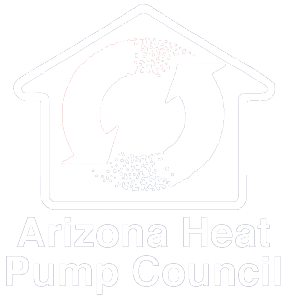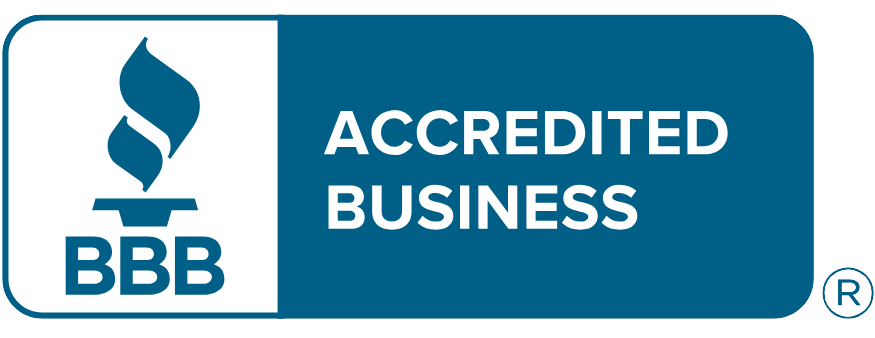
A P-trap is a plumbing pipe that you’ve likely seen underneath your sink. But you probably don’t know much about it. When you have a clogged sink, a P-trap becomes one of the first suspected culprits causing the clog. Here’s a brief overview of what P-traps are, why your home has them, and two common P-trap problems.
What’s a P-trap?
Look under any sink in your house and you’ll see a pipe with a curve resembling the letter “P” or the letter “U.” The P-trap has a very specific purpose with its bend. It connects your home’s drain and waste pipes to your municipal sewage system or home septic tank. The bend contains a small pocket of water which blocks foul smelling, toxic sewer gases from entering your home through the pipes. Methane is the most common foul smelling offensive odor blocked.
P-traps have one other important job. By being an integral part of every home’s plumbing system, these traps allow you to quickly find small items that have fallen down the drain such as jewelry. They’re found under every sink, toilet, shower, and bathtub in your house.
Typical P-trap Problems
Now that you understand P-traps as barriers to noxious fumes traveling up the sink and preventing objects from going down the drain, let’s look at two common P-trap problems you may encounter.
Clogs
The bend in the P-trap pipe contributes to all sorts of objects getting wedged in the trap curve and blocking the pipe. Objects ranging from large quantities of hair, paper towels, wet wipes, sponges, and sediment can lodge in the bend. Food, dead skin, soap scum, grease, and mineral deposits can build up over time and reduce the diameter of the pipe. Eventually, this build up will clog the pipe and if your DIY remedies don’t work, it will be time to call your local plumber to unclog.
Dry P-traps
P-traps can dry up due to evaporation, a leak, a clog absorbing the water, or even dry winds entering your home’s pipes. When the water evaporates, you’ll quickly smell the horrible sewer gases. The best way to prevent water from drying up in P-traps is to run water down every drain in your home at least once every three weeks.
Frequently encountering clogged drain pipes? It may be time to consider having your drains professionally cleaned as the best long-term solution. Call your local plumbing experts at Cool Blew to schedule your appointment today. We’re available 365 days of the year at 623-872-2900.






